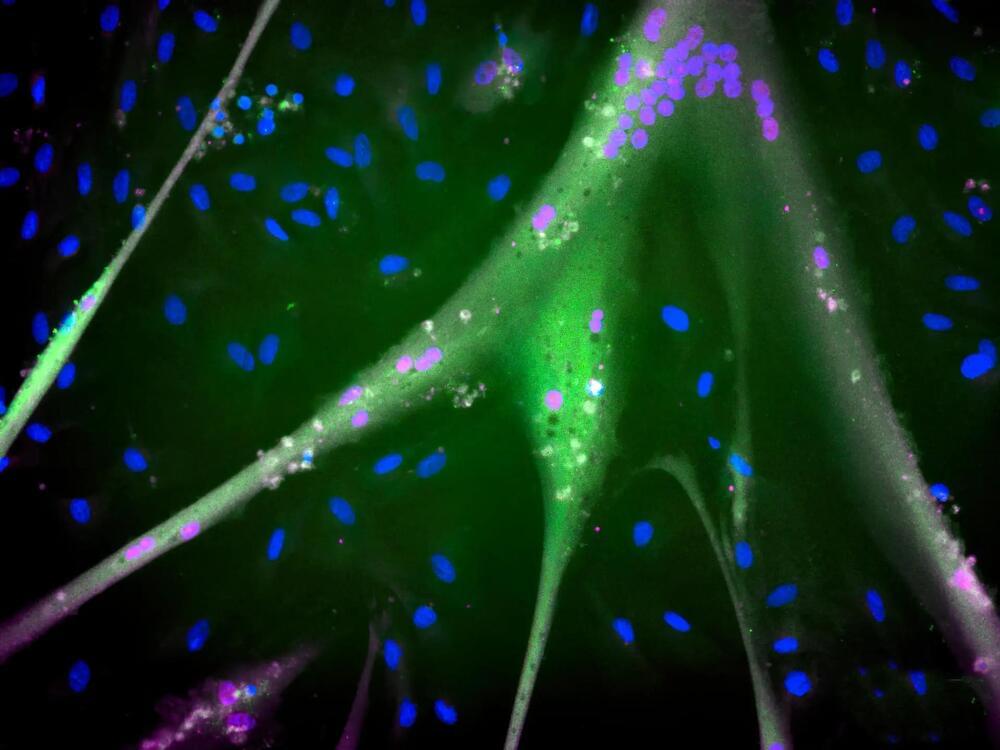For cellular agriculture—a technique that grows meat in bioreactors—to successfully feed millions, numerous technological hurdles must be conquered. The production of muscle cells from sources such as chicken, fish, cows, and more will need to increase to the point where millions of metric tons are yielded annually.
Researchers at the Tufts University Center for Cellular Agriculture (TUCCA) have made strides toward this objective by developing immortalized bovine muscle stem cells (iBSCs). These cells possess a rapid growth rate and the ability to divide hundreds of times, potentially even indefinitely, furthering the potential for large-scale meat production.
This advance, described in the journal ACS Synthetic Biology, means that researchers and companies around the globe can have access to and develop new products without having to source cells repeatedly from farm animal biopsies.
